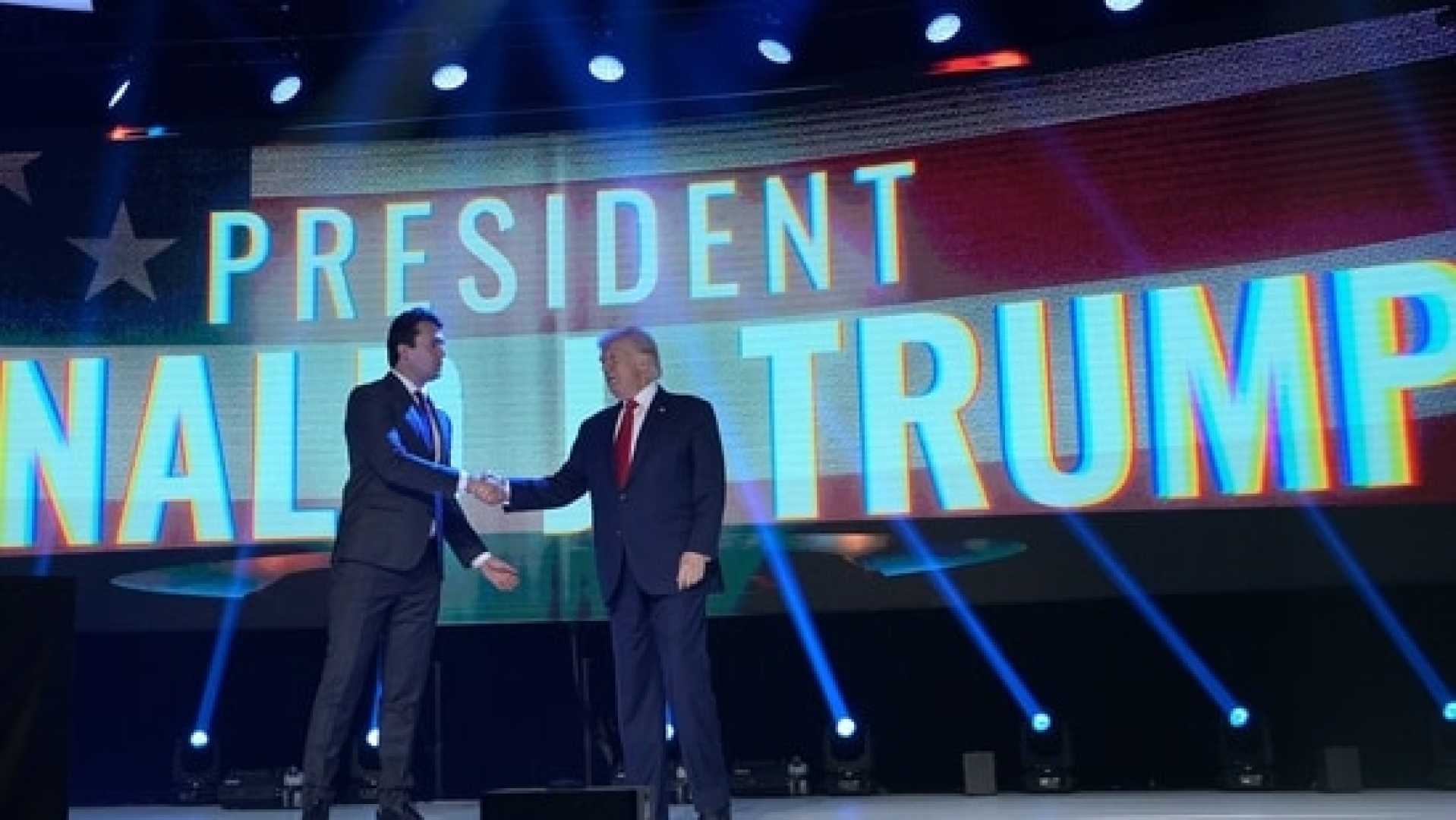Politics
Charlie Kirk’s Influential Role in Trump’s 2024 Campaign: A Blend of Politics and Christian Nationalism

Charlie Kirk, the founder of Turning Point USA, has been a pivotal figure in Donald Trump‘s 2024 presidential campaign, particularly in mobilizing conservative and Christian voters. Recently, Kirk spoke at a rally in Georgia, where he framed the election as a “spiritual battle” and asserted that the Democratic Party “stands for everything God hates”.
At the Georgia rally, which was attended by approximately 10,000 people, Kirk used strong religious rhetoric to galvanize support for Trump. He called on pastors to engage in political activism, urging them to deliver sermons that highlight the Democratic Party’s alleged alignment with values that “God hates.” This approach is part of Kirk’s broader strategy to activate the religious right, a segment that has been crucial for Trump’s campaign.
Kirk’s organization, Turning Point USA, has expanded its influence beyond college campuses to include a significant presence in churches and among Christian communities. The group has been involved in various voter mobilization efforts, including a “You’re Being Brainwashed Tour” that stops at college campuses across swing states. This tour has become a visible part of Kirk’s campaign activities, where he engages in debates and discussions with students, often focusing on themes of Christian nationalism and conservative values.
Trump has praised Kirk for his efforts, acknowledging his hard work in organizing rallies and other campaign events. The two are scheduled to appear together at multiple rallies, including one in Las Vegas, as part of their strategy to appeal to different segments of the MAGA coalition.
Critics have raised concerns about Kirk’s rhetoric and the potential for his activities to violate U.S. tax laws by encouraging tax-exempt entities like churches to engage in political campaign activity. Despite these concerns, Kirk and Turning Point USA continue to play a significant role in Trump’s campaign, leveraging their network and influence to mobilize voters.
Kirk’s shift towards emphasizing Christian nationalism marks a notable change from his earlier focus on libertarian and secular arguments. This new approach has drawn both support and criticism, with some evangelical leaders expressing concern about the rise of Christian nationalism and its implications for democracy.












